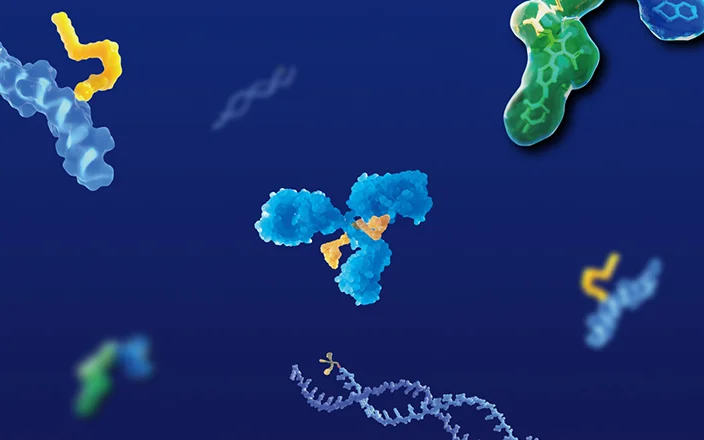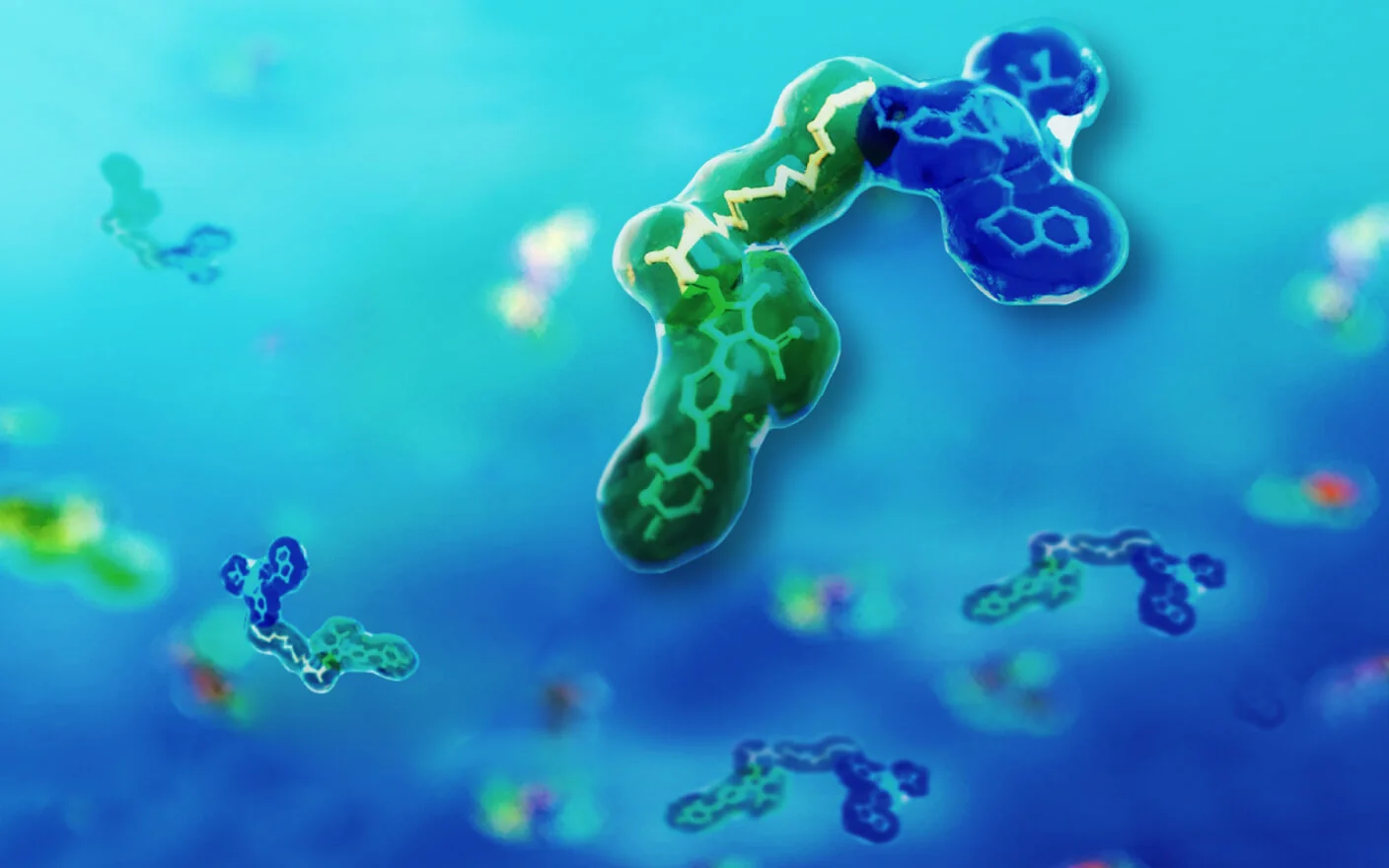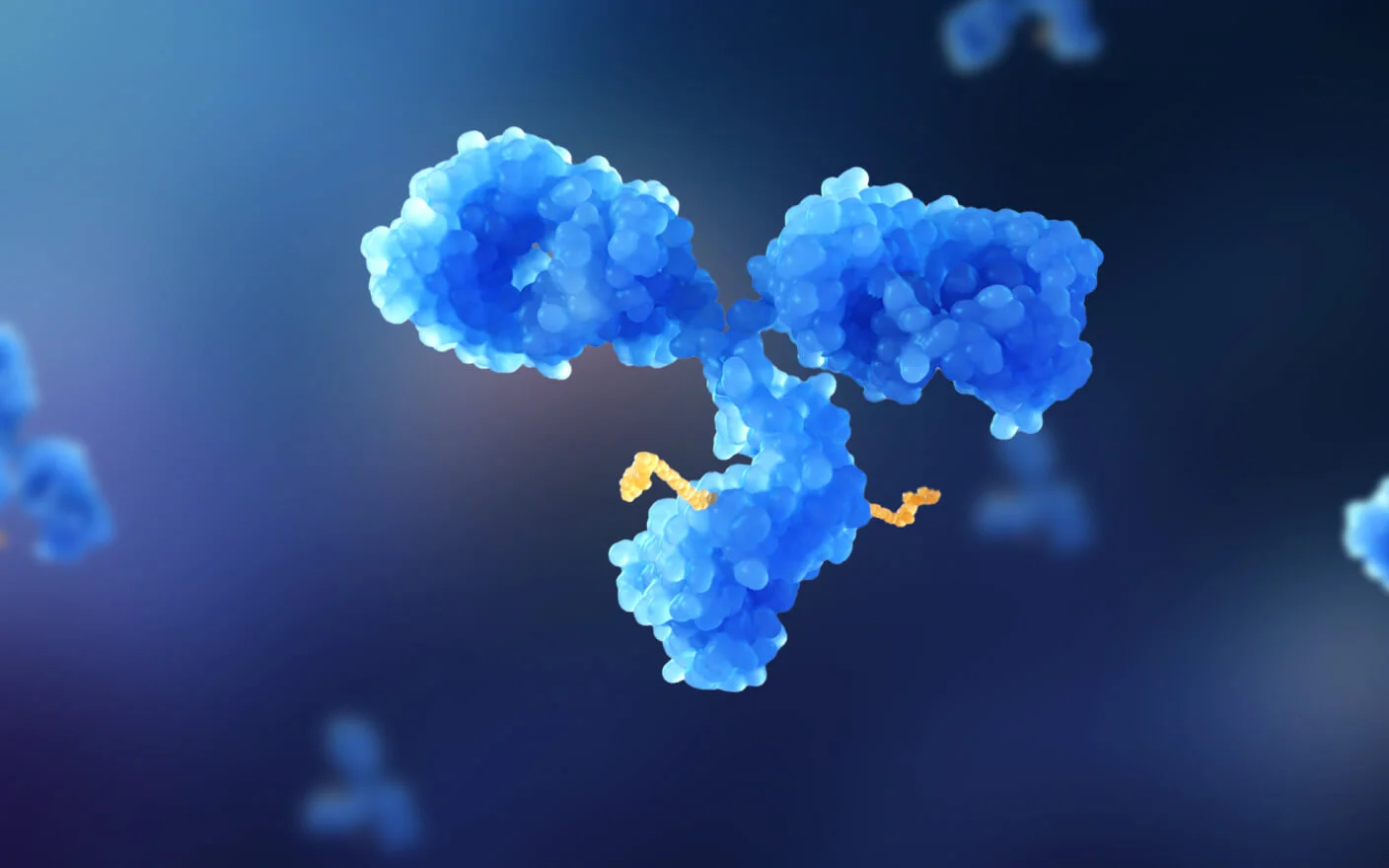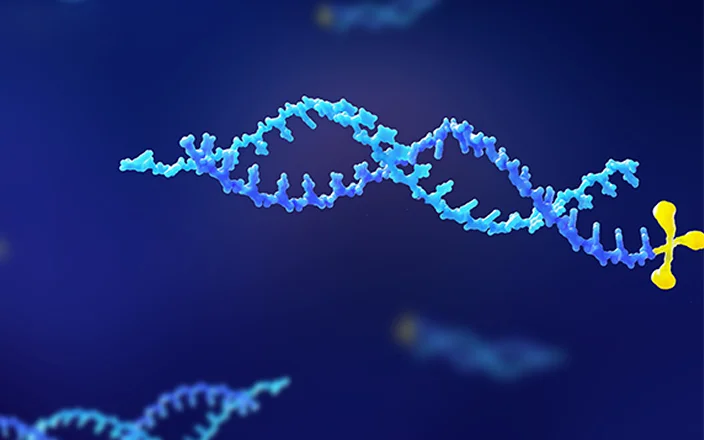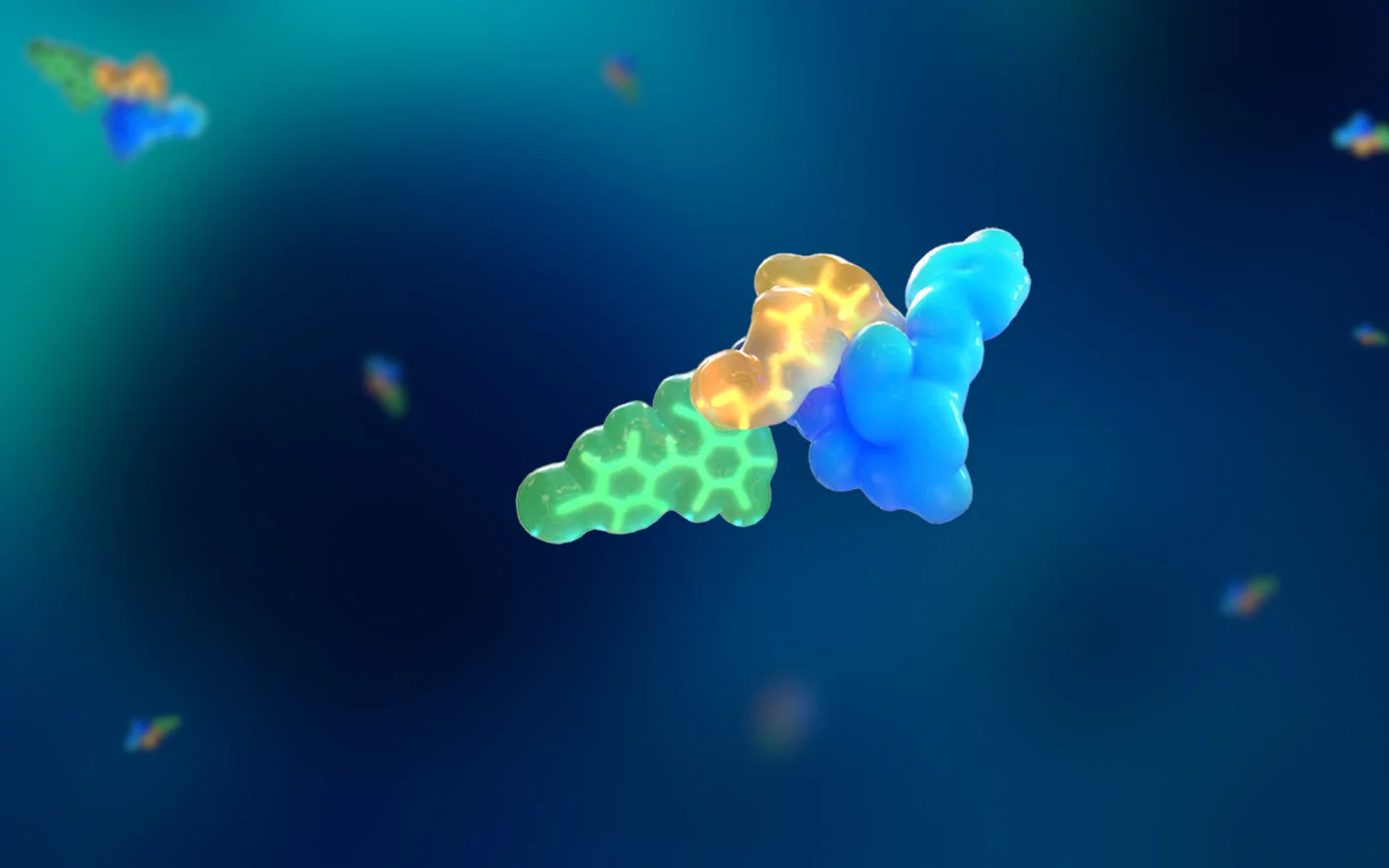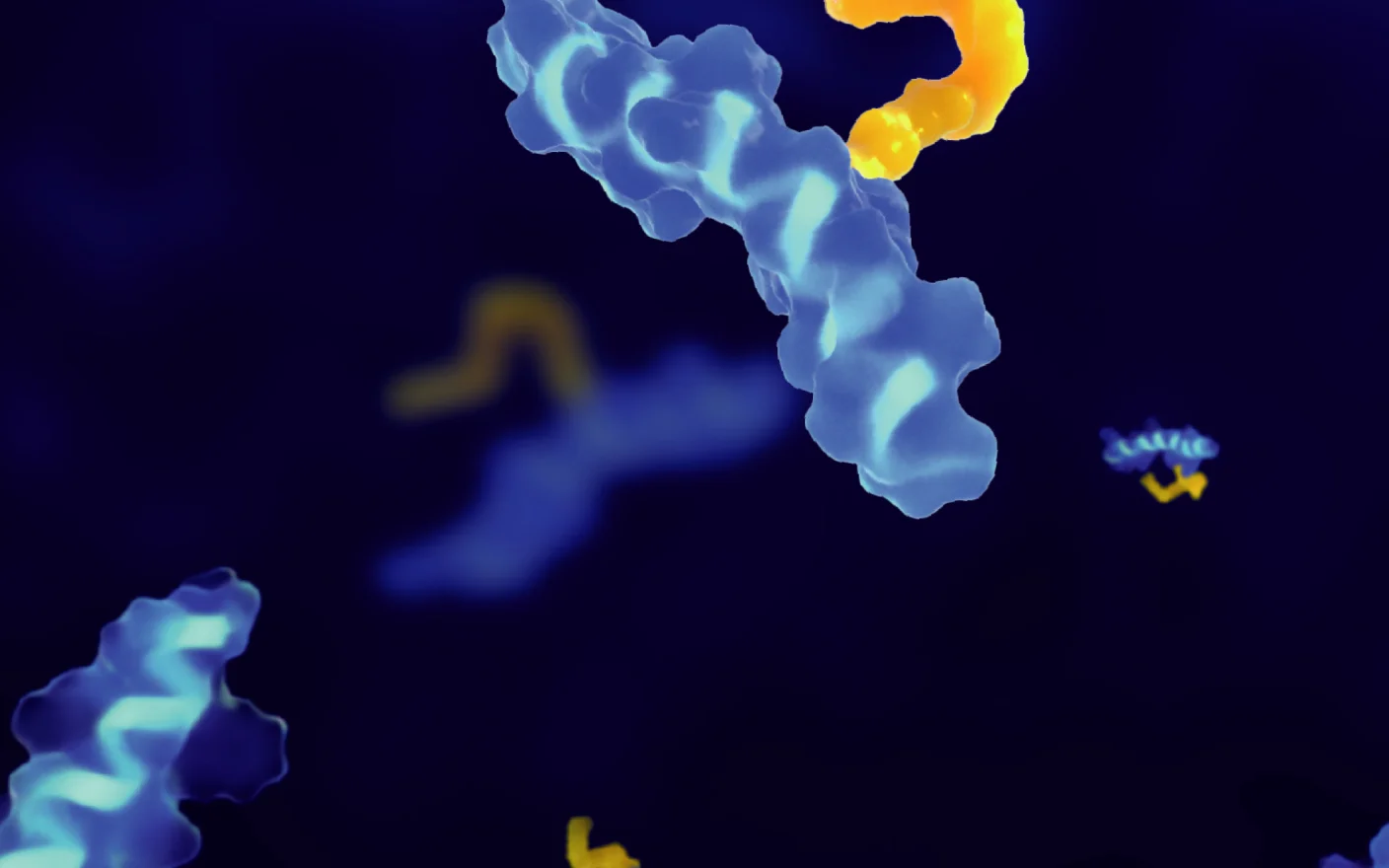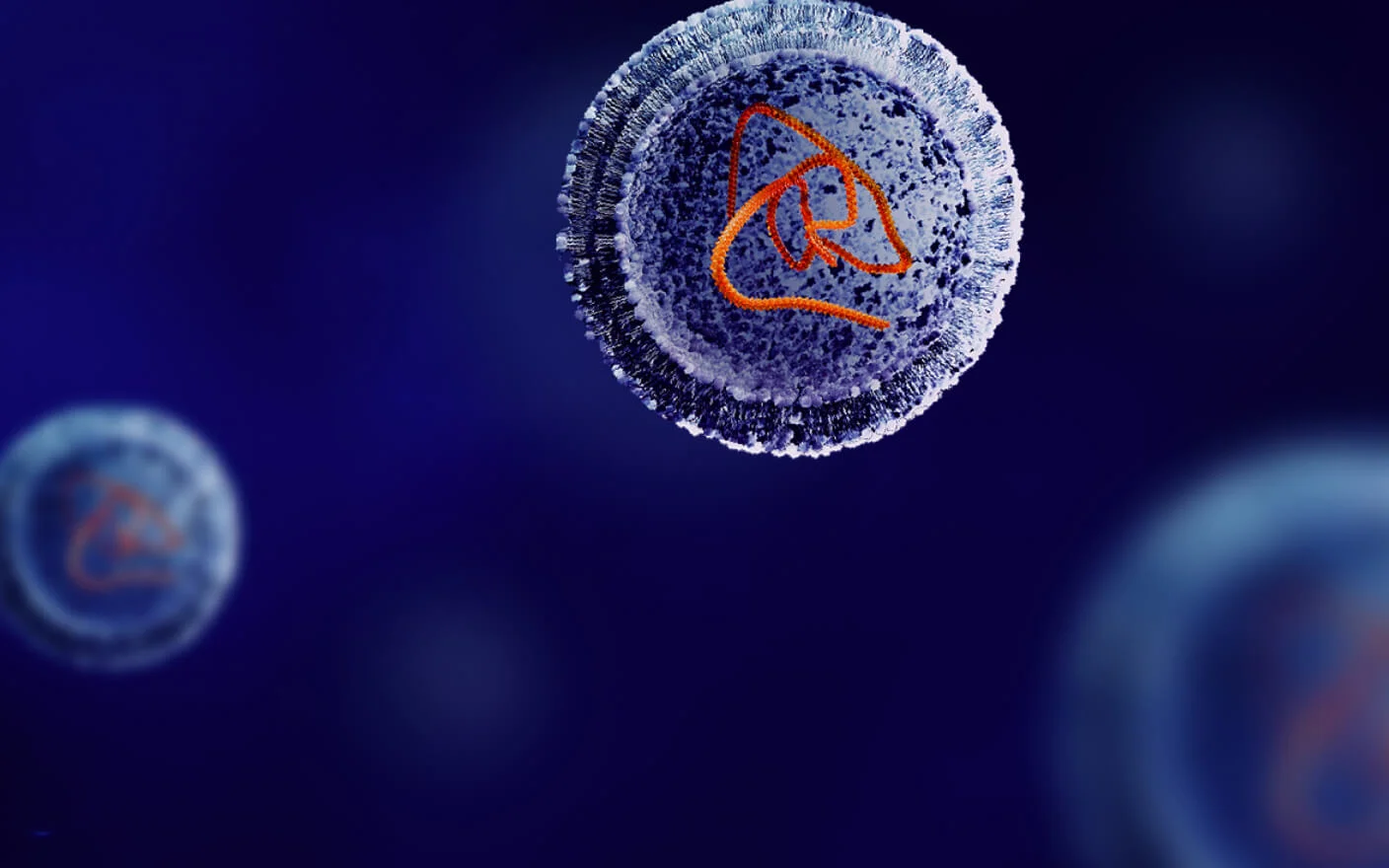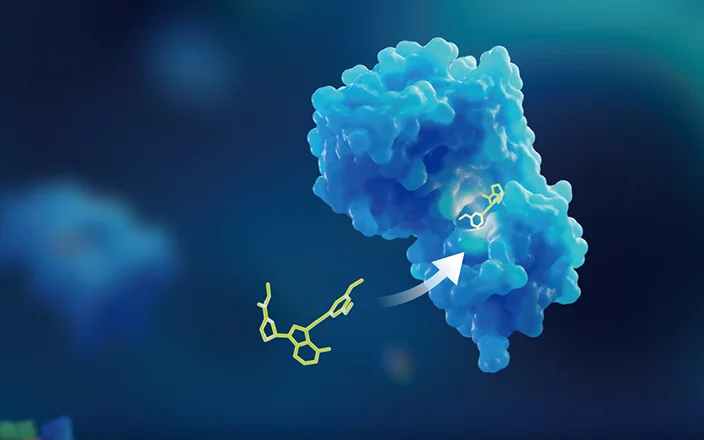Severe acute respiratory syndrome coronavirus 2 (SARS-CoV-2) has infected more than one billion people worldwide since the emergence of the pandemic in late 2019. COVID-19 vaccines, as a crucial weapon against the pandemic, have gained public attention and discussion. This blog introduces the progress in vaccine development and the methods for pharmacokinetic (PK)studies on mRNA vaccines based on the interpretation of relevant guidelines.
The significance of knowing about COVID-19 vaccines
The types of vaccines designed and developed to ameliorate SARS-CoV-2 pathogenesis include inactivated virus vaccines, recombinant protein subunits, adenovirus vector vaccines, and mRNA vaccines. There are currently multiple COVID-19 vaccines that have been approved globally to fight SARS-CoV-2. Public data shows that these vaccines have shown different protective effects during the clinical phase. According to public phase III trial data, several inactivated virus and adenovirus vector vaccines displayed protective efficacies between 50% and 85%, while the mRNA vaccines developed by both Pfizer/BioNtech and Moderna have exhibited protection rates exceeding 90%.1,2 The ongoing COVID-19 pandemic has made mRNA vaccines gain attention worldwide.
Furthermore, mRNA can express any protein to treat a wide range of diseases. From 2003 to 2020, more than 140 mRNA vaccines have been used in clinical trials involving a variety of disease areas, including cancer and infectious diseases. For mRNA vaccines against infectious diseases, its development primarily focuses on SARS-CoV-2, human immunodeficiency virus, and rabies. For, mRNA vaccines against cancer, over 50% of clinical trials in mRNA vaccine development are focused on the treatment of melanoma, prostate cancer, and brain cancer, with most trials still in the early stages (Phase I and II).
How to conduct PK study for the mRNA vaccines
The single-stranded structure of mRNA makes it highly unstable and susceptible to degradation. mRNA is a large molecule carrying a negative charge, posing a challenge in its delivery across the cell membrane composed of anionic lipids. Therefore, special modifications or encapsulation delivery systems are required to achieve intracellular expression of mRNA. Lipid nanoparticles (LNPs) are one of the most commonly used tools for mRNA delivery.
Therefore, before mRNA vaccine formulations are used in healthy populations, comprehensive risk assessments should be conducted, including assessments of both the mRNA and the delivery system. The presence time of mRNA, as the substance generating antigenic proteins, in the body can impact the effectiveness of antibodies. It is imperative to conduct comprehensive research on the absorption, metabolism, and excretion properties of LNPs, as exogenous agents in delivery systems, within the human body. The distribution, metabolism, and excretion of mRNA vaccines and their LNP components can be studied using radiolabeling techniques.
Although the development of mRNA vaccines faces many challenges, continuously emerging delivery methods will lead to breakthroughs in mRNA vaccine research. The development of cancer vaccines offers new potential for treating malignant tumors and instills hope in a larger number of patients.
If you want to learn more details about the development of mRNA vaccines, please read the article now.
Committed to accelerating drug discovery and development, we offer a full range of discovery screening, preclinical development, clinical drug metabolism, and pharmacokinetic (DMPK) platforms and services. With research facilities in the United States (New Jersey) and China (Shanghai, Suzhou, Nanjing, and Nantong), 1,000+ scientists, and over fifteen years of experience in Investigational New Drug (IND) application, our DMPK team at WuXi AppTec are serving 1,500+ global clients, and have successfully supported 1,200+ IND applications.
Talk to a WuXi AppTec expert today to get the support you need to achieve your drug development goals.
Reference
1 COMIRNATY® (COVID-19 Vaccine, mRNA) suspension for injection, for intramuscular use Initial U.S. Approval: 2021
2 https://www.fda.gov/media/153089/download
Related Services and Platforms




Stay Connected
Keep up with the latest news and insights.





